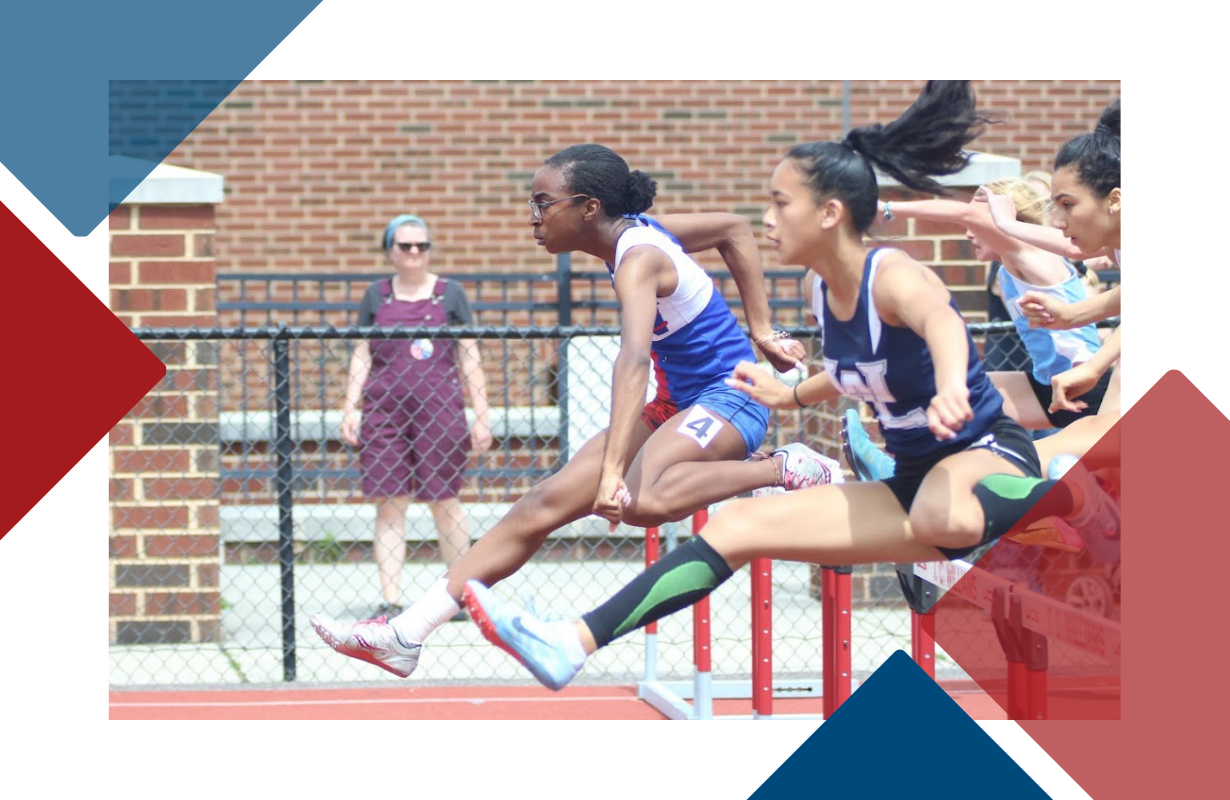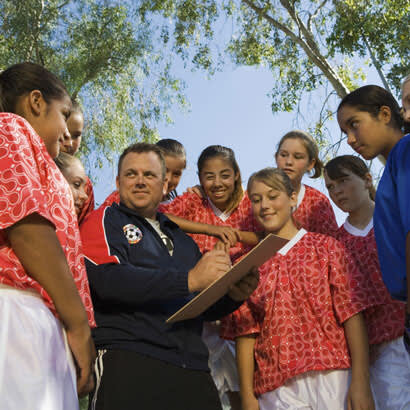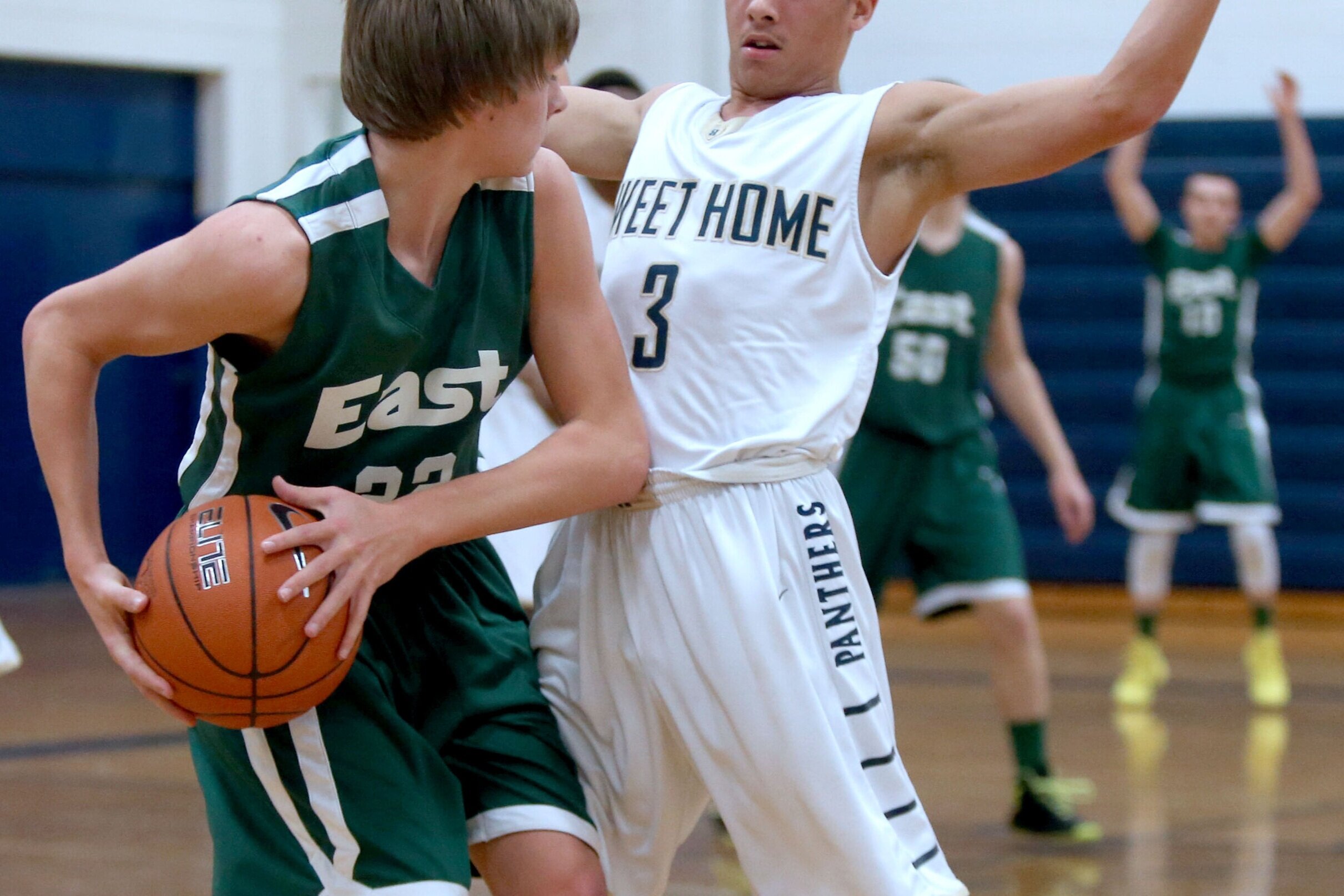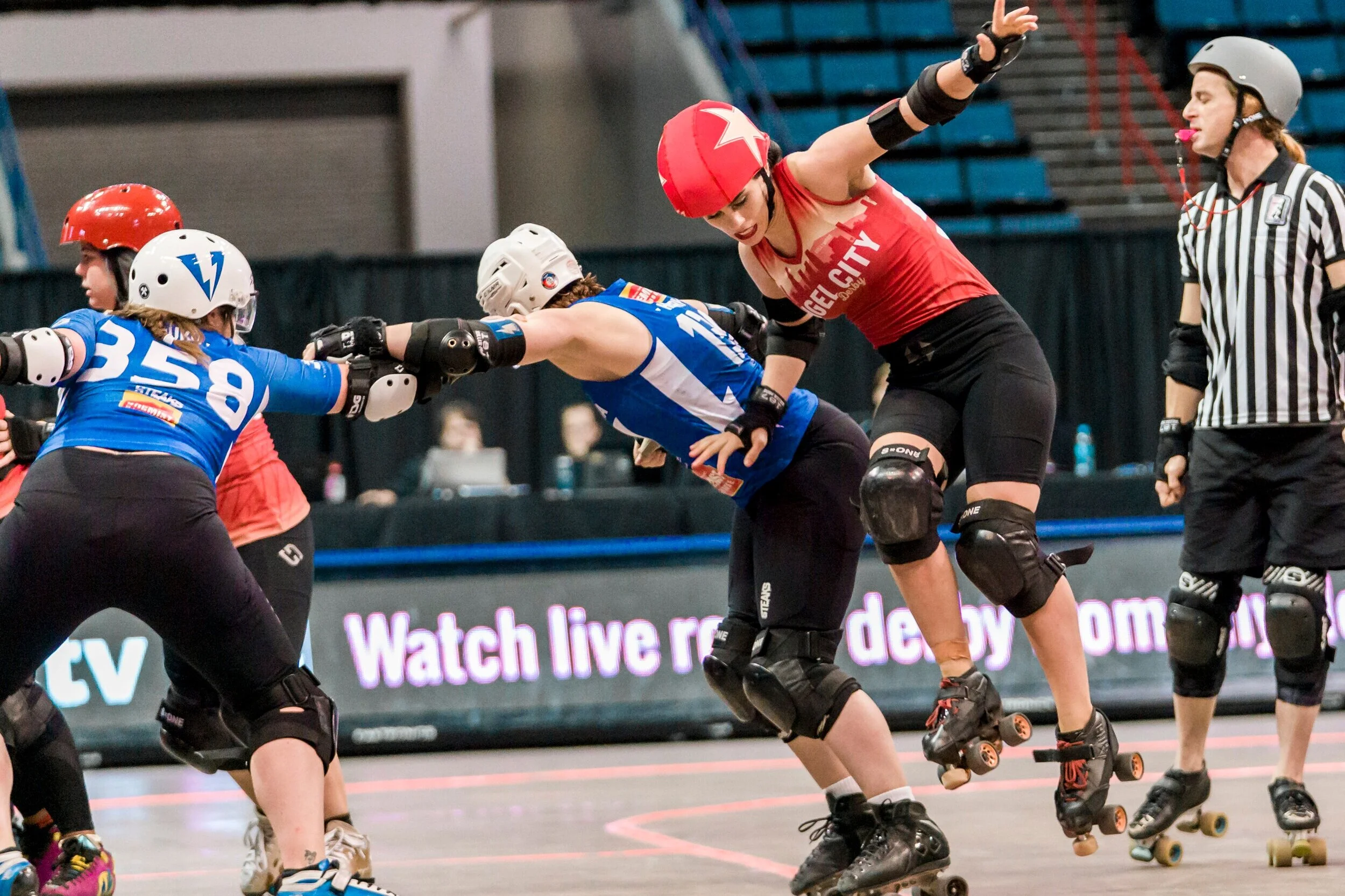It’s easy to get lost in the numbers tied to coronavirus deaths. Numbers are just that – faceless, inanimate digits that recognize the scope of this horrific pandemic.
More than 10,000 American have died from the virus. Sadly, the numbers will grow, with the White House now projecting around 100,000 to 240,000 deaths. U.S. Surgeon General Jerome Adams warned that this week will be “the hardest and saddest week of most Americans’ lives.”
The numbers are staggering and tell the larger story of the pandemic’s impact. What they fail to tell you is the impact of each person lost.
Every number has a story. Every number is a mom, dad, son, daughter, brother, sister, employee, community member.
And lately, a lot of these numbers are also coaches in youth sports. They are of all ages, all sports, all races, all backgrounds, all regions of the country.
Do a Google search of “coronavirus and coach and dies” and you’ll see stories of coaches gone too soon. Read random obituaries online and you’ll see a sentence or two about how much the deceased person loved to coach kids.
During this shutdown, many people involved in youth sports have understandably talked about using the time off to train more coaches. There are approximately 6.5 million youth coaches – most of whom are volunteers and already difficult to find.
When this nightmare finally ends, how many more coaches will we need to recruit and replace those who have died? It’s painful to even ask this question.
Many communities around the country are going to lose invaluable coaches just as youth, cooped up inside for months, demand to get back on the fields and courts. Coaches are more than just numbers. The best of them are mentors who provide their players with joy, discipline, motivation and belonging.
We’re losing too many coaches.
Wayne Reese Sr., 74, is gone. Reese spent the past 19 seasons as the head football coach at McDonogh 35 Senior High School. He was one of the New Orleans area’s most influential coaches for five decades, including having coached future NFL star Marshall Faulk at Carver High School. “The biggest thing to me is that I love to see kids grow up and see them come from nowhere and be somebody,” Reese said in 2011, according to NOLA.com. “That’s the reason that I haven’t gone from high school to college. I can make a bigger difference here. … High school kids are in limbo. You can help turn their lives around, turn them in the right direction and help them succeed.”
Dwight Jones, 73, is gone. Jones was the former boys and girls basketball coach and athletic director at Mumford High School in Michigan. He was still heavily connected to the community. The school’s gym is named after him. In early March, Jones and his wife donated $200 for the Motor City Track Club AAU team to go to New York for the indoor national championships, which were canceled. “It’s almost like a scary movie, man,” a former basketball player of Jones’ said to MLive.com. “I have classmates who have the virus. A guy I graduated with, his dad passed from it. One of my best friends who ran track with me, his dad has it. It’s so close to home, it’s like a bad movie that won’t end.”
Ron Hill, 63, is gone. Hill coached boys and girls in football, basketball and track and field at the Mount Vernon School in Georgia. “He was the bright spot for everybody,” an English teacher told AJC.com. “You think of the school, you think of Coach Hill.” One of his former football players described Hill as a no-nonsense coach who would talk smack and make sure everyone was alright. Another athlete wrote on an online memorial: “I remember every middle school track practice where Coach Hill would run us ‘till we were exhausted. What I would give to be exhausted on the track with him again.”
Orlando McDaniel, 59, is gone. McDaniel, a former two-sport star at LSU, founded the North Texas Cheetahs Youth Track Club in 2003 and mentored hundreds of athletes and coaches. “We’re fortunate that people like him get involved with our youth,” LSU’s track and field coach told ESPN.com. “He was one of the most important people in our sport. He had to persuade youth to spend their summers doing something productive. Orlando had essentially dedicated his life to it.” One of his runners posted on Twitter: “Losing a coach is like losing a parent. He put so much effort into making sure every single one of his girls got a chance to run in college. This one hurts my soul more than I can put into words. PLEASE stay home. Your carelessness about COVID-19 isn’t worth any more lives.”
Terrance Burke, 54, is gone. One of Burke’s former boys basketball players at Northwestern High School in Maryland was initially cut from the team because he wasn’t good enough. The player, who frequently got into trouble, kept showing up to watch the team practice. Burke recognized the dedication and gave the player another shot. He made the team and even got a pair of basketball shoes from Burke’s own closet since he couldn’t afford his own. “I was nobody important,” the player told The Washington Post, “and he still looked out for me.”
Harvey Puckett, 52, is gone. For years in Michigan, Harvey helped coach the Motor City Hit Dogs, one of the best travel baseball teams in the country. Harvey taught the game to his son Nino, who’s now a pitcher at Oakland University and promises to get drafted professionally. “We both know how much this means to both of us,” Nino wrote on Instagram. “All the countless hours you spent with me at the facility after a long day of work got me to where I am today. Seeing you put on catchers gear to catch my bullpens showed how much you cared about me.” In less than 24 hours, there were 800 reactions on Nino’s post, many from former teammates, coaches and opposing players. “This is our new normal,” Jeff Seidel of the Detroit Free Press wrote, “grieving on Instagram, trying to comfort through emojis, sending love through emails and texts.”
Cornell Charles, 51, is gone. “His passion was coaching, which allowed him to reach hundreds of the youth of New Orleans,” his obituary read. Charles was beloved at Lusher Charter School in Louisiana, where he coached seventh and eighth grade baseball, along with high school football and girls basketball. Everyone called him “Coach Dickey.” The school’s athletic director told NOLA.com that Charles treated players to pizza and could be counted on as a motivator. Charles also served 30 years as New Orleans Recreation Development park director for Harrell Playground.
Jim Brown, 48, is gone. Brown, the principal of Grover Cleveland Middle School in New Jersey, “was one of those parents who coached all the way through (youth leagues),” another parent told NorthJersey.com. “He coached (his son) Jimmy and my son Thomas through Pop Warner. He was involved with our youth baseball program with his youngest son. Whatever his kids were involved in, he was involved in.” Central Jersey Pop Warner named Brown its coach of the year in 2016. “The kids loved him, the parents loved him, the teachers loved him,” the community’s former high school football coach said. “He was outstanding, the way he knew how to treat people, how to get people to do what they were supposed to do.”
Dave Edwards, 48, and Joe Lewinger, 42, are gone. Edwards, a former college basketball player at Georgetown and Texas A&M, coached basketball at the Mary Louis Academy, an all-girls Catholic high school in New York. Five days after Edwards died, Lewinger passed away due to the coronavirus as well after 20 years as Mary Louis Academy’s athletic director. He was a beloved assistant principal and former basketball coach who stayed connected with the team after leaving coaching in 2012. Lewinger’s twin sons were diagnosed with cancerous tumors in their kidneys in 2018. Both survived and developed a close relationship with the basketball team. “Many of the girls would spend time at his office just to be around Lewinger,” the New York Post wrote.
Tyson Lambeck, 36, is gone. Lambeck was a beloved coach and teacher at Kenedy Middle School in Texas. The Kenedy School District made school counselors available and reminded the public of the signs for grieving children: fear, poor concentration, nightmares, physical complaints, withdrawal, eating and sleeping difficulties, crying, and irritability.
Ben Luderer, 30, is gone. Luderer was just getting started as coach of the Cliffside Park High School baseball team in New Jersey, where participation numbers were up. Luderer was a middle school special education teacher who volunteered to help other Cliffside Park teams. He learned Spanish so he could communicate better with some players and parents. “He is irreplaceable,” the school’s athletic director told NJ.com. A former coach of Luderer’s said it “gave me chills” to watch Luderer coach because he loved making kids better. Just 12 years ago, Luderer was the starting catcher for the Don Bosco Prep baseball team that finished 33-0 and No. 1 in the nation. “The irony of this is he was on a team that finished undefeated and felt invincible,” his former Don Bosco coach said. “That is the mindset of young coaches and young people right now. We have to learn from this tragedy.”
Stay home. Practice physical distancing. Listen to the scientists, doctors and public health experts. That’s the lesson for right now.
There are too many coaches’ names to list all who have died. Too many more are still to come.
They’re more than numbers. Coaches are the lifeblood of youth sports. Eventually, someone must fill their huge holes in communities.
For now, we grieve.
Email Jon Solomon at jon.solomon@aspeninstitute.org.





















